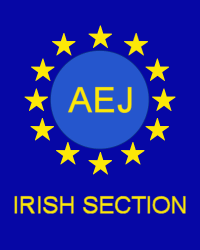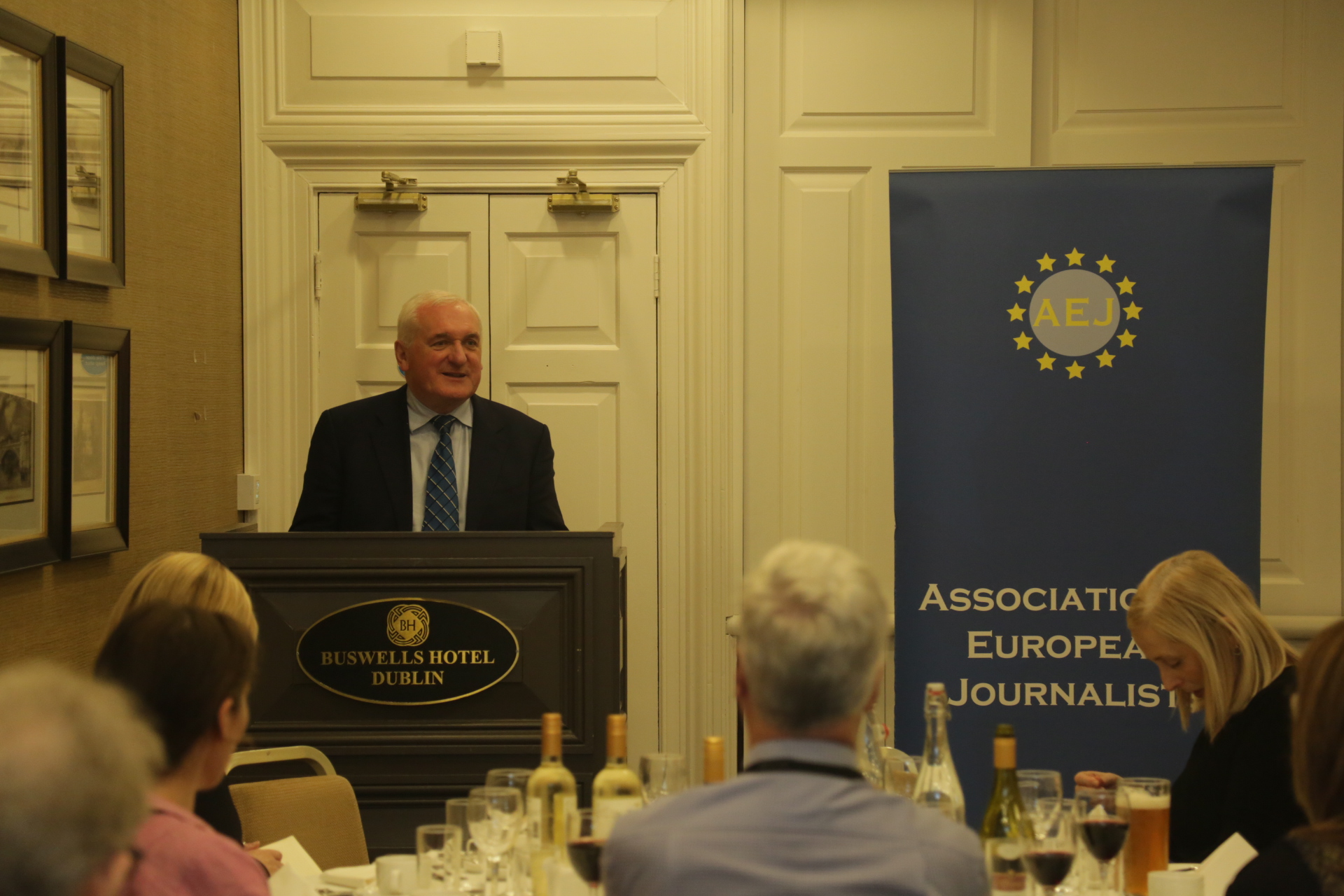









Bertie Ahern
Former Taoiseach
Thursday, 17th October, 2019
We are living in momentous times and we have witnessed a huge amount of switching in one week. Boris Johnson has made three big concessions, including the line down the Irish Sea which was previously anathema. But the DUP have been consistent at least, they went crazy after the 2017 agreement and are similarly against this deal.
Leo Varadkar has played a good game. The only thing is the time-limits on the backstop. I do feel sorry for Theresa May. The difference is she didn’t have the skills of being able to sell it. I assume the huge effort they will do is square off the DUP between now and Saturday.
Both myself and former British Prime Minister Tony Blair stressed previously the importance of standing by the Good Friday Agreement. I recently said there is no variation of Brexit that can strengthen the relationship between the Republic of Ireland and Northern Ireland. There is no variation of Brexit that will grow the economy of the UK any time soon. Brexit, particularly a no deal Brexit with the risk of a hard border, is both the most serious threat to the Good Friday Agreement since it was created, and to the Union in our lifetime.
It is time to acknowledge the reality of these challenges, to let clarity triumph over ambiguity, and work collectively to overcome them. It is our belief, or at least certainly our fervent hope, that the Good Friday Agreement will survive Brexit.
The acceptance of the principle of consent in the Good Friday Agreement was a Unionist/ Nationalist trade-off allowing the majority of people in Northern Ireland to stay part of the UK if they wish, whilst also enabling aspirations for a united Ireland to be heard. Out of that came the power-sharing agreement, a new police force in Northern Ireland, changes to the criminal justice system, a whole lot of cultural, symbolic questions being resolved.
Part of that nationalist aspiration is to have an open border between North and South; which then leads to broader questions about Single Market Access and a Customs Union.
Therein lies the problem. It is no coincidence that several universities and think tanks are now examining what a united Ireland would mean and how it would happen.

